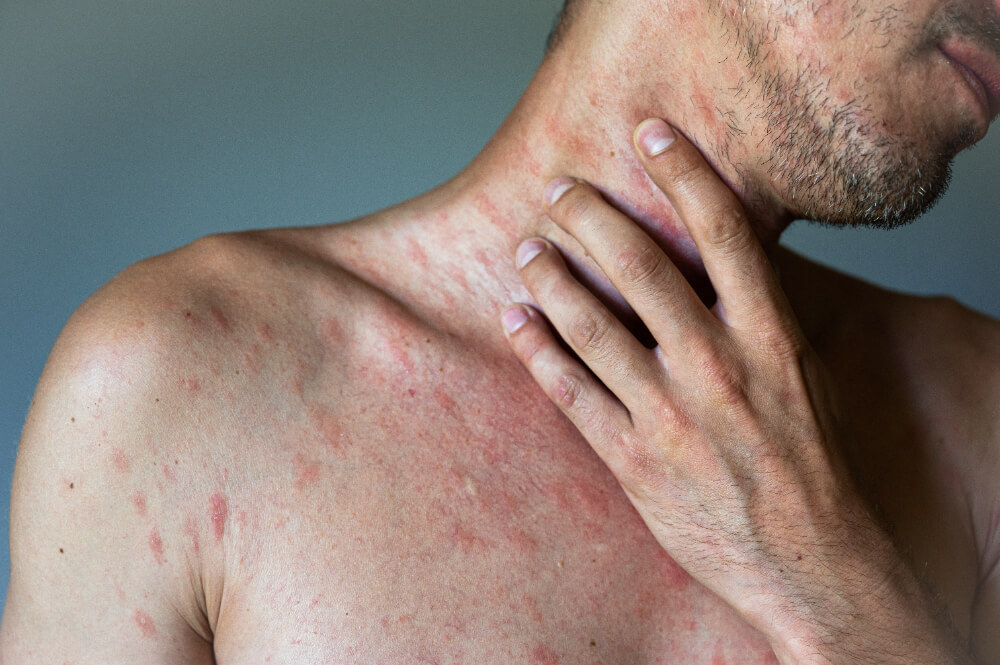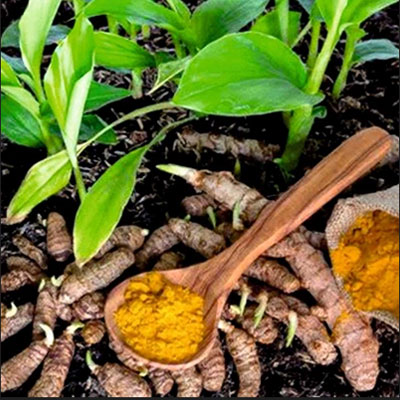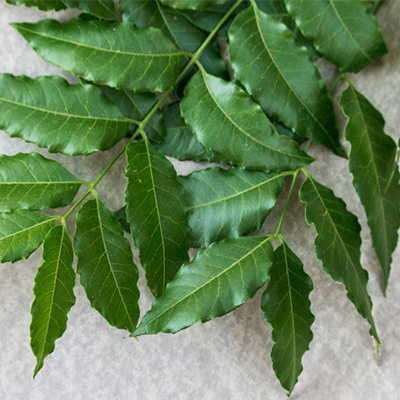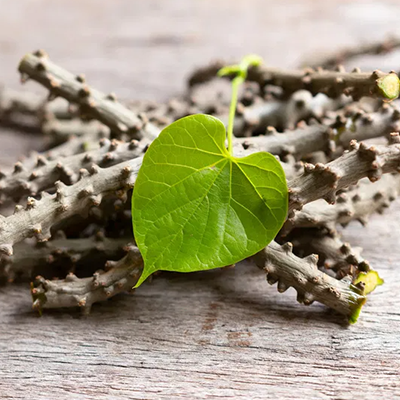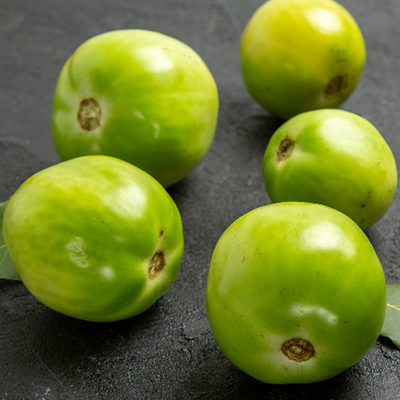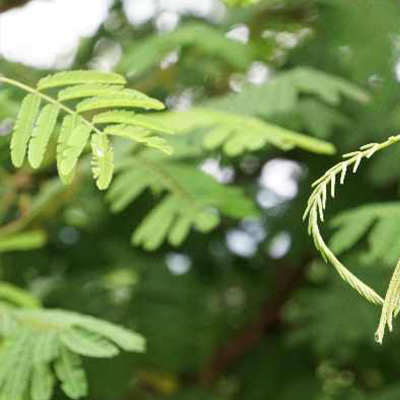Urticaria, commonly known as hives, is a skin condition characterized by the sudden appearance of itchy, red, or skin-coloured welts (raised bumps) on the skin. These welts can vary in size and may join together to form larger areas of raised, itchy skin. Urticaria can appear anywhere on the body and usually resolves within a few hours or days.
Causes of Urticaria
Urticaria is caused by the release of histamine and other chemicals into the skin by the immune system, often in response to triggers such as:
Allergens
- Foods: Nuts, shellfish, eggs, or dairy products.
- Medications: Antibiotics, aspirin, or nonsteroidal anti-inflammatory drugs (NSAIDs).
- Insect bites or stings.
Physical Triggers
- Heat or cold.
- Sunlight exposure.
- Pressure on the skin from tight clothing or belts.
Infections
- Viral, bacterial, or parasitic infections, such as the common cold or urinary tract infections.
Autoimmune Conditions
- The immune system attacks the body's own tissues, triggering hives.
Stress
- Emotional stress can exacerbate the condition.
Idiopathic (Unknown Cause)
- In some cases, no specific trigger can be identified.
Signs and Symptoms of Urticaria
Itchy, Raised Welts
- Red or skin-coloured patches that may appear suddenly.
- Welts may vary in size and shape.
Swelling
- Swelling may occur in deeper layers of the skin, known as angioedema.
- Common areas for swelling: lips, eyelids, hands, or feet.
Temporary Nature
- Individual welts usually disappear within 24 hours but may recur in different locations.
Worsening with Scratching
- Scratching can aggravate the condition and increase redness or swelling.
Types of Urticaria
Acute Urticaria
- Lasts less than 6 weeks.
- Commonly caused by allergens or infections.
Chronic Urticaria
- Persists for more than 6 weeks.
- Often linked to autoimmune disorders.
Physical Urticaria
- Triggered by external physical factors like pressure, heat, or cold.
Complications of Urticaria
Severe Itching
- Can interfere with sleep and daily activities.
Angioedema
- Swelling in deeper layers of the skin, which can be painful and may restrict breathing if it affects the throat.
Anaphylaxis
- A life-threatening allergic reaction that causes difficulty breathing, dizziness, and swelling of the tongue or throat.
Ayurvedic Perspective on Urticaria
In Ayurveda, Urticaria is referred to as "Sheetapitta", a condition caused by the aggravation of Vata, Pitta, and Kapha Doshas, often triggered by exposure to cold or allergens.
- Sheeta (cold): Aggravates Vata and Kapha.
- Pitta: Causes redness, itching, and inflammation.
The condition also involves the presence of Ama (toxins) in the body, which weakens the immune system and leads to hypersensitivity reactions.
Ayurvedic Management of Urticaria
Ayurvedic treatment focuses on:
- Pacifying aggravated Doshas.
- Detoxifying the body.
- Boosting immunity.
Panchakarma Therapies
Virechana (Purgation Therapy)
- Removes Pitta Dosha and toxins from the body.
Raktamokshana (Bloodletting)
- Useful in severe cases to purify blood.
Abhyanga (Oil Massage)
- Using medicated oils like neem oil or coconut oil to soothe the skin.
Swedana (Sudation Therapy)
- Induces sweating to remove toxins and relieve itching.
Dietary Recommendations
Foods to Include
- Cooling foods: Coconut water, cucumber, and watermelon.
- Light and easily digestible meals.
Foods to Avoid
- Spicy, sour, and fried foods.
- Curd, citrus fruits, and processed foods.
Hydration
- Drink plenty of water to flush out toxins.
Lifestyle Modifications
Avoid Triggers
- Identify and avoid allergens or physical triggers.
Stress Management
- Practice yoga and meditation to calm the mind.
Daily Routine
- Maintain regular eating and sleeping habits.
Skin Care
- Use natural, hypoallergenic soaps and avoid harsh detergents.
Herbal Remedies
Haridra (Turmeric)
- Anti-inflammatory and anti-allergic properties.
- Mix 1 tsp of turmeric powder in warm water or milk and consume daily.
Neem (Azadirachta indica)
- Purifies blood and reduces itching.
- Neem leaf decoction or neem oil application is beneficial.
Guduchi (Tinospora cordifolia)
Enhances immunity and reduces allergic reactions.
Amalaki (Indian Gooseberry)
Rich in Vitamin C, supports skin health, and detoxifies the body.
Khadira (Acacia catechu)
Known for its blood-purifying properties.
Urticaria, though not life-threatening in most cases, can significantly affect quality of life. Ayurvedic treatment offers a holistic approach by addressing the root cause, balancing Doshas, detoxifying the body, and boosting immunity. With consistent application of dietary, lifestyle, and herbal remedies, Urticaria can be effectively managed and prevented. Always consult a qualified Ayurvedic practitioner for personalized care.


